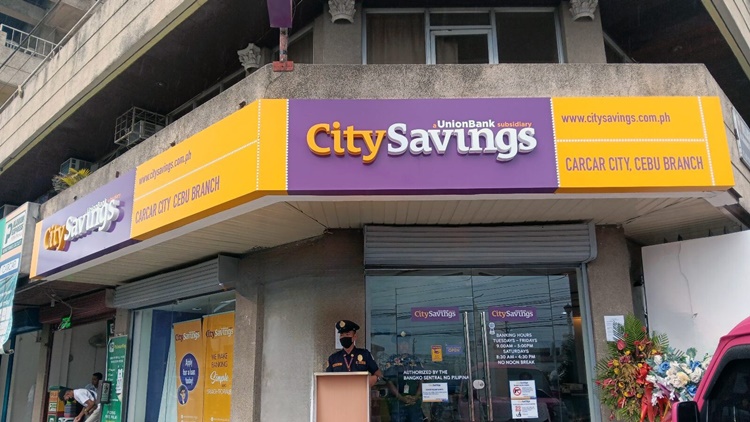Have You Heard about the City Savings Bank Teachers Loan Offer?
CITY SAVINGS BANK TEACHERS LOAN – You can check here the financial solution option that educators may apply for.
In the Philippines, there are countless teachers. Some are employed in the different schools, colleges, and universities across the nation while others are in other fields of work. Truth be told that teachers are among the professional groups with the biggest population.
Undeniably, teachers most especially those who are working in the government have access to many kinds of loans. There are also private entities who have launched financial products and services for educators. One of these is the City Savings Bank.

The City Savings Bank is a subsidiary of the UnionBank, one of the banking giants in the Philippines. The bank has several offers encompassing the following finance products and services:
- deposit accounts
- checking account
- savings account
- time deposit account
- loans
- Teacher’s Salary Loan
- Pensionado Loan
- Motorcycle Loan
- Other Salary Loans
As mentioned above, one of the loan offers of the reputable bank is the City Savings Bank Teachers Loan. Under the loan offer, the maximum amount allowed for borrowing is Php 2 million. The loan is payable from 12 months up to 60 months.
The bank charge is equivalent to 6% of the loan amount. According to the bank, the interest rate depends on the loan term. What are the qualifications in applying for the loan offer? The banking entity stated that the borrower must meet the following:
- Integrated in the Automatic Payroll Deduction System (APDS)
- In service under DepEd for at least six (6) months
- 65 years old upon loan maturity
- Php 5,000 Net Take Home Pay after CitySavings deduction
- has an active email address
To apply for the loan offer, there are requirements for the City Savings Bank Teachers Loan. The list of documents required by the bank may vary.
Aside from the City Savings Bank Teachers Loan, the UnionBank subsidiary has several other salary loan offers for the teacher professionals and employees of the accredited state universities and colleges, employees of the local government units, and employees of accredited companies.




